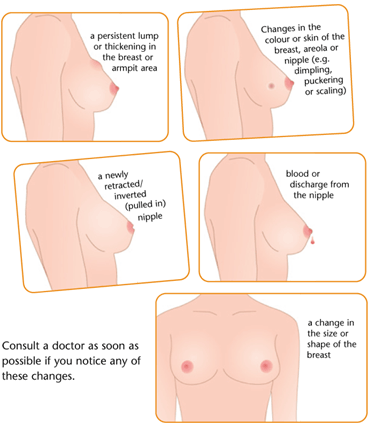
Medicare confirmed on Thursday that it would pay for Provenge, the prostate cancer drug whose $93,000 price had set off debate about the cost of cancer treatments.
The Centers for Medicare & Medicaid Services said in a final decision that the evidence was adequate to conclude that Provenge “improves health outcomes for Medicare beneficiaries’’ and was therefore “reasonable and necessary” for their treatment.
However, reimbursement would be only for men who matched the criteria in the drug’s label, meaning they had few or no symptoms and cancer that had spread beyond the prostate gland and was no longer controlled by hormone therapy.
The final decision follows a yearlong review and confirms a tentative decision announced three months ago. Most men with prostate cancer are covered by Medicare.
Provenge, developed by Dendreon, based in Seattle, is one of a series of new prostate cancer drugs that have been shown to prolong men’s lives and in some cases relieve symptoms, but whose costs are raising questions.
The announcement that Medicare would undertake the a “national coverage determination’’ had drawn an outcry from some men with the disease and investors in Dendreon, who saw it as a warning by Medicare about high prices.
But Medicare officials denied that cost was the issue. One reason for the review, they said, was that it was unclear if Provenge was a drug or a treatment process.
Provenge, which was approved by the Food and Drug Administration in April 2010, is the first cancer treatment that works by training a patient’s own immune system to fight the disease. White blood cells are taken from each man, processed by Dendreon, and then infused back into his body.
In its largest clinical trial, men who received Provenge lived a median of 25.8 months compared with 21.7 months for those who got a placebo.